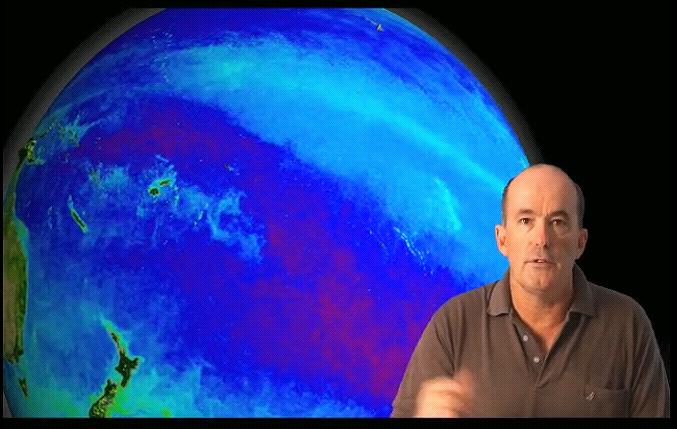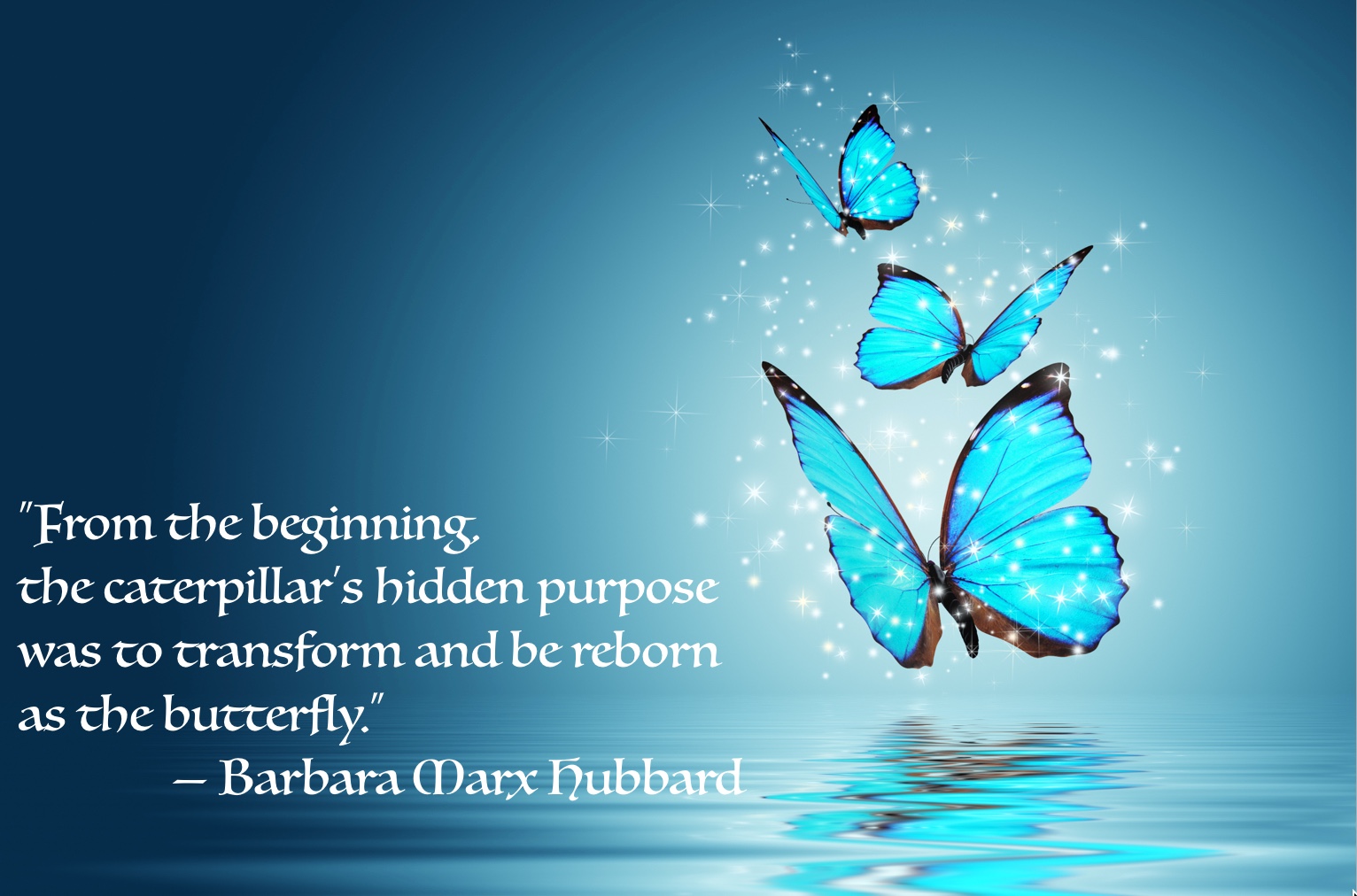Some days I’m an optimist, some days not so much. On the optimistic days I believe I can sense a real shift in the global mindset. And on the not-so-much days I wonder if my optimism is delusional, and existential despair threatens to overwhelm me.
The opening day of the World Ocean Summit was a not-so-much day. Ove Hoegh-Guldberg gave an excellent but very depressing presentation. When he said he wasn’t going to sugar-coat the truth, he wasn’t kidding. His cheery vision of the future includes:

- Oceans: increasing temperatures, increasing acidity, storms of increasing intensity, sea level rise, decreasing oxygen, dead zones, changing currents.
- Fisheries: declining, extinction of species, unravelling ecosystems (coral, kelp), declining ocean productivity, coastal threats, mass shifts in species.
- Failure to protect the oceans: potential loss of livelihood for 500 million people, loss of protein for 3 billion people, loss of 50% of the world’s oxygen production.
He muttered ominously about the “absence of precautionary principles” – and it was hard to disagree in the face of such daunting statistics. Sustainable Development Goal #14 and the Paris Agreement notwithstanding, the oceans are still in a world of trouble, which means trouble for the world. Looking at the inescapable logic of the IPAT equation (Impact = Population x Affluence x Technology) it would seem that we are doomed.

So, you might be wondering, how can I ever feel optimistic? Here’s how.
When you hear Carter and Olivia Ries talk about the animal conservation organisation they founded when aged 8 and 7 respectively, aptly named OMG (One More Generation), how can you NOT feel hopeful?
And more broadly, my perception, based on the undoubtedly very non-representative sample of people that pass through my orbit, I think there is a real shift going on. Humans tend to think in a linear fashion, assuming that the past is a good determinant of the future. But this is not so. We live in a tremendously complex system, where transformative change can happen very suddenly, and apparently without warning. A new direction can simmer away beneath the surface, like molten lava beneath the crust of the Earth, before erupting into a new paradigm.
Edward Lorenz defined chaos theory thus:
When the present determines the future, but the approximate present does not approximately determine the future.
Wikipedia expands on the theory:
Small differences in initial conditions… yield widely diverging outcomes for such dynamical systems, rendering long-term prediction of their behaviour impossible in general. This happens even though these systems are deterministic, meaning that their future behaviour is fully determined by their initial conditions, with no random elements involved. In other words, the deterministic nature of these systems does not make them predictable.

Barbara Marx Hubbard describes it more poetically in her book, Conscious Evolution:
Let’s compare our situation with the metamorphosis of a caterpillar into a butterfly. When the caterpillar weaves its cocoon, imaginal discs begin to appear. These discs embody the blueprint of the butterfly yet to come. Although the discs are a natural part of the caterpillar’s evolution, its immune system recognizes them as foreign and tries to destroy them. As the discs arrive faster and begin to link up, the caterpillar’s immune system breaks down and its body begins to disintegrate. When the discs mature and become imaginal cells, they form themselves into a new pattern, thus transforming the disintegrating body of the caterpillar into the butterfly. The breakdown of the caterpillar’s old system is essential for the breakthrough of the new butterfly. Yet, in reality the caterpillar neither dies nor disintegrates, for from the beginning its hidden purpose was to transform and be reborn as the butterfly.
Once a caterpillar has disintegrated all of its tissues except for the imaginal discs, those discs use the protein-rich soup all around them to fuel the rapid cell division required to form the wings, antennae, legs, eyes, genitals and all the other features of an adult butterfly or moth. By applying this analogy, we can see that during the 1960s our social systems started to become dysfunctional, or began to “disintegrate,” as we experienced the Cold War and the threat to the environment, the growing population crisis, pollution, and social inequities. As people started waking up, they became imaginal discs in the body of society.
I’m honoured to personally know a significant and growing number of “imaginal discs”. It is these friends and colleagues that give me hope that, far from being doomed by our linear progression towards catastrophe, we are on the verge of a quantum leap into a better way of being, and a higher level of consciousness.
If I can do anything to help nudge humanity towards the tipping point and that quantum leap, then I can imagine nothing more fulfilling to do with my time. And if all my efforts are in vain, either because we fail as a species or because the shift was going to happen anyway, then I will carry on doing what I can regardless, again because I can imagine nothing more fulfilling to do with my time.
So, in the desperate horse race between Enlightenment and Extinction, I’m putting my money on Enlightenment. I hope you will join me.
Other Stuff:
In keeping with the above, I loved this quote from Shakespeare’s Julius Caesar, via the UN’s Special Envoy for the Oceans, Peter Thomson:

“There is a tide in the affairs of men
Which, taken at the flood, leads on to fortune;
Omitted, all the voyage of their life
Is bound in shallows and in miseries.
On such a full sea are we now afloat;
And we must take the current when it serves,
Or lose our ventures.”
While I was at the World Ocean Summit I had an hour-long meeting with the Canadian Environment Minister, Catherine McKenna. We recorded a short video for International Women’s Day, but I haven’t been able to find it. Hey, but here’s a photo anyway!
Earlier this year I recorded this podcast with Martin Grunburg of The Habit Factor. He asked me some great questions that really got me thinking. I hope you enjoy it! An Ocean of Purpose
And another podcast, this one with Nicole Antoinette: Roz Savage on Courage, Change, and Rowing Solo Across Three Oceans
To help us clean up our act, here is some soap. Thanks to Dr Bronner’s for using their organic and fairtrade soap to inspire environmental action!


